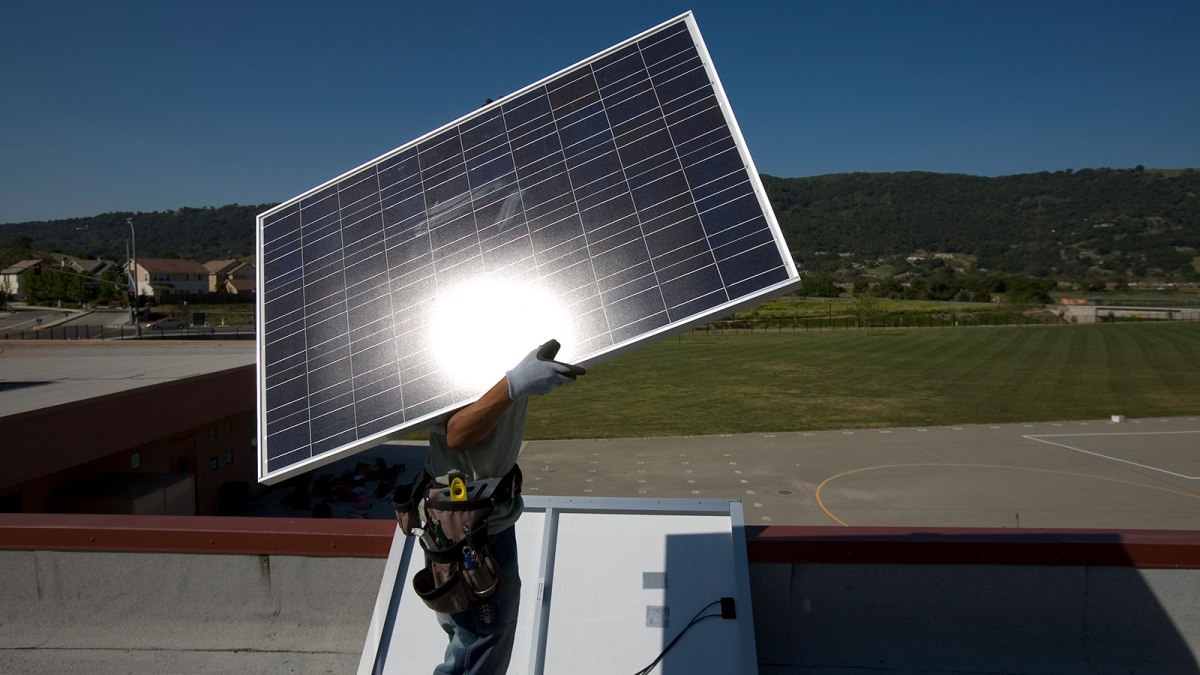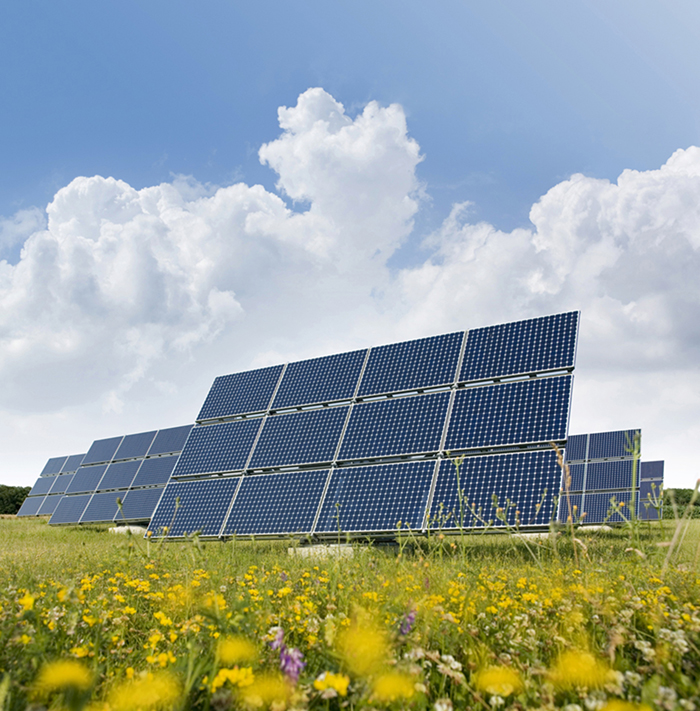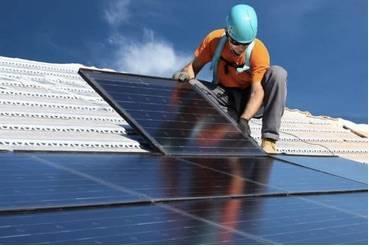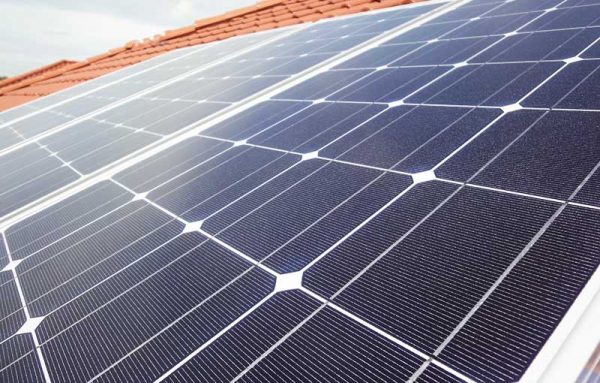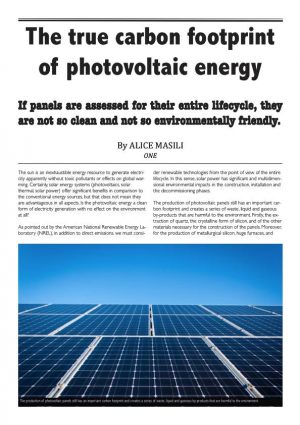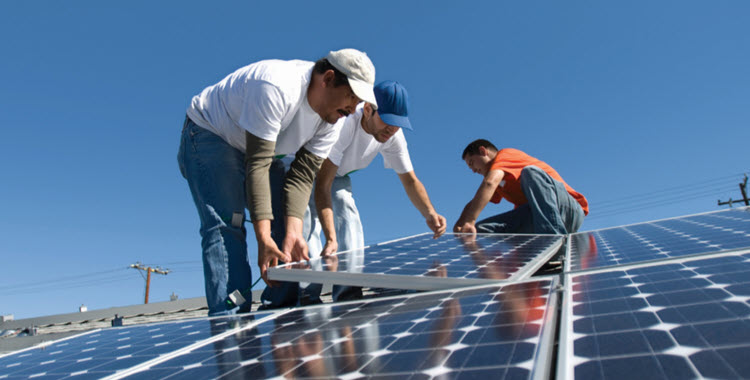Solar energy is something that has increasingly provided environmentally friendly options for generating electricity.
Does residential solar panels have hazardous materials.
While solar panels like other electronics contain and are manufactured using toxic materials measures can be taken to minimize negative effects.
The sun provides a tremendous resource for generating clean and sustainable electricity without toxic pollution or global warming emissions.
This informal guidance serves to make available on the web answers to frequently asked questions about solar panels.
While everyone looks to solar power as a form of clean energy it does have some dirty secrets.
With recycling expensive.
Some potential issues include.
While disposal of solar panels has taken place in regular landfills it is not recommended because the modules can break and toxic materials can leach into the soil causing problems with drinking water.
Environmental scientists and solar industry leaders are raising the red flag about used solar panels which contain toxic heavy metals and are considered hazardous waste.
One of the issues confronting the solar industry is that many of the materials used to produce solar panels can be hazardous.
The materials used to manufacture the cells for solar panels are only one part of the solar panel itself.
Solar panels contain lead cadmium and other toxic chemicals that cannot be removed without breaking apart the entire panel.
Solar panels can.
This guidance was prepared by the regulatory assistance office of the department of toxic substances control dtsc and answers frequently asked questions received by the dtsc electronic waste enforcement team.
If you are diy minded and curious about solar panel materials it may even be a question of wanting a hypothetical ingredients list to produce one.
However there are studies that reveal that solar energy has health effects on humans these studies primarily concern the solar cells that tap the energy.
Processing solar cells environmental and health concerns.
When assesing solar panels as a key energy resource it is important to weigh up any concerns.
Silicon tetrachloride mentioned above as one of the most toxic chemicals involved in the manufacturing of panels is usually recycled by manufacturers as a cost saving measure.






